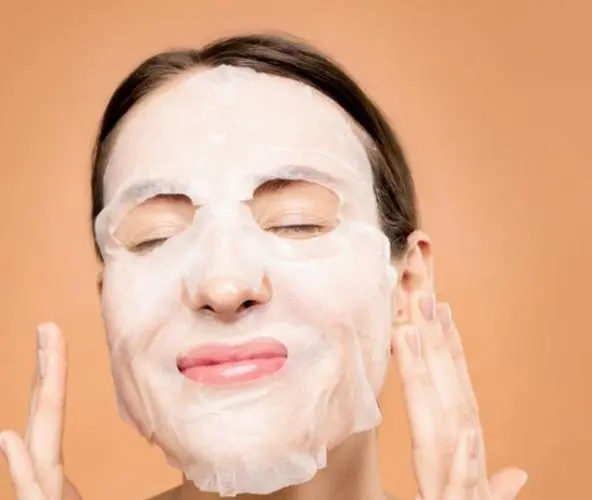In skincare, moisturizing and anti-aging are two crucial aspects that are closely intertwined. Moisturizing is not only the foundation for maintaining healthy and glowing skin, but it is also an essential part of any anti-aging regimen. Skincare products that combine moisturizing and anti-aging properties can help slow down the aging process, improve skin texture, and keep the skin youthful and vibrant.
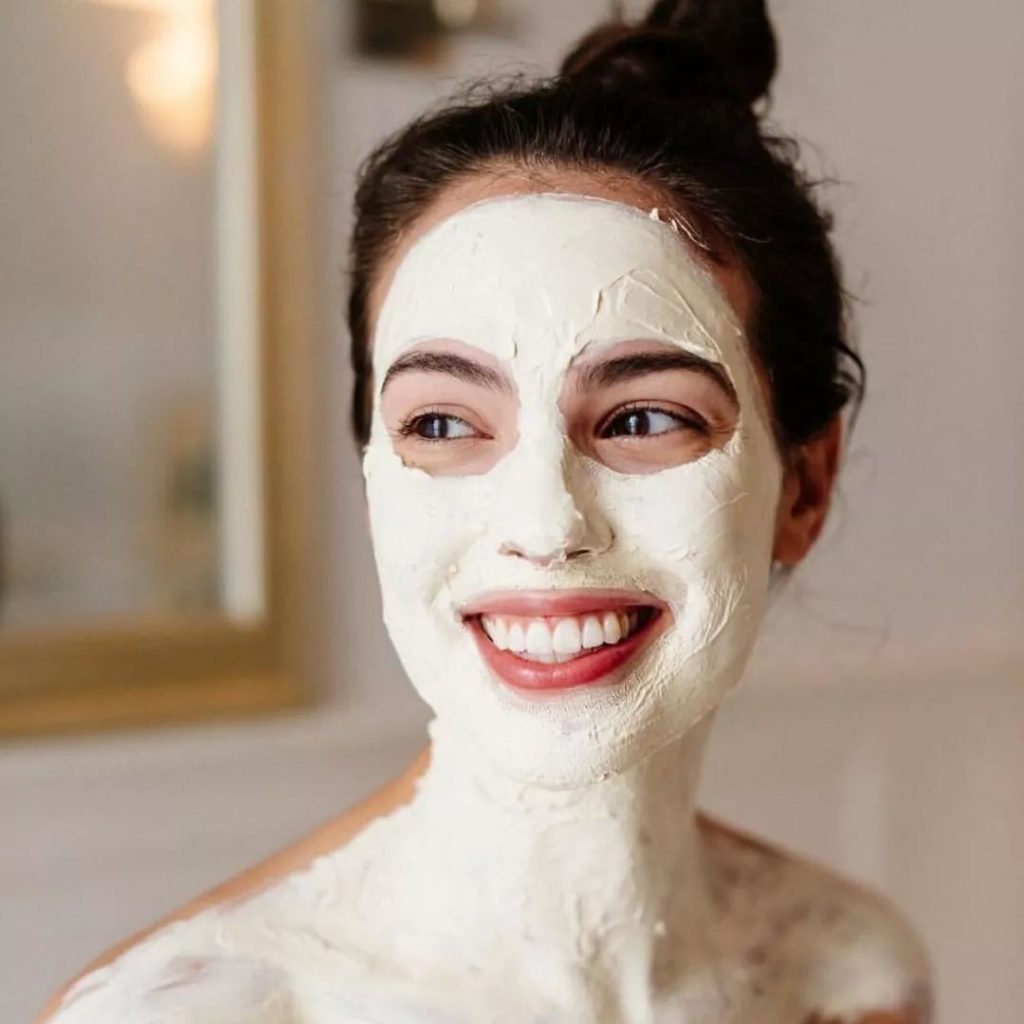
1. The Importance of Moisturizing in Anti-Aging
Moisturizing is key to maintaining the skin’s barrier function and preventing moisture loss. As we age, the skin’s natural moisturizing factors, such as hyaluronic acid, decrease, leading to dryness, tightness, and a loss of elasticity. Dry skin is more prone to fine lines and wrinkles, which can accelerate the aging process.
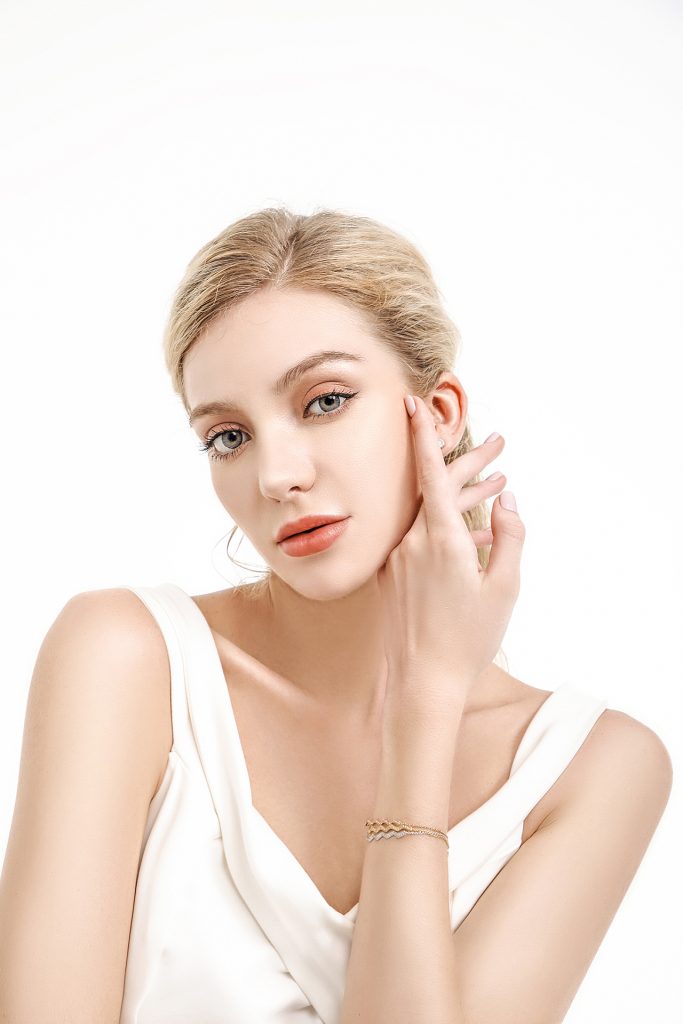
By keeping the skin well-hydrated, moisturizing helps maintain the skin’s elasticity and reduces the formation of fine lines and wrinkles. It also strengthens the skin’s barrier function, protecting it from environmental stressors and damage. Therefore, moisturizing is not only a basic step in daily skincare but also a crucial component of anti-aging care.
2. Combining Anti-Aging Ingredients with Moisturizers

Modern skincare products increasingly combine moisturizing and anti-aging ingredients to provide comprehensive skincare benefits. These products typically include the following key ingredients:
Hyaluronic Acid: Hyaluronic acid is a natural moisturizing factor found in the skin, with a strong ability to attract and retain moisture. It helps keep the skin plump and hydrated, filling in fine lines to make the skin appear smoother and more youthful.
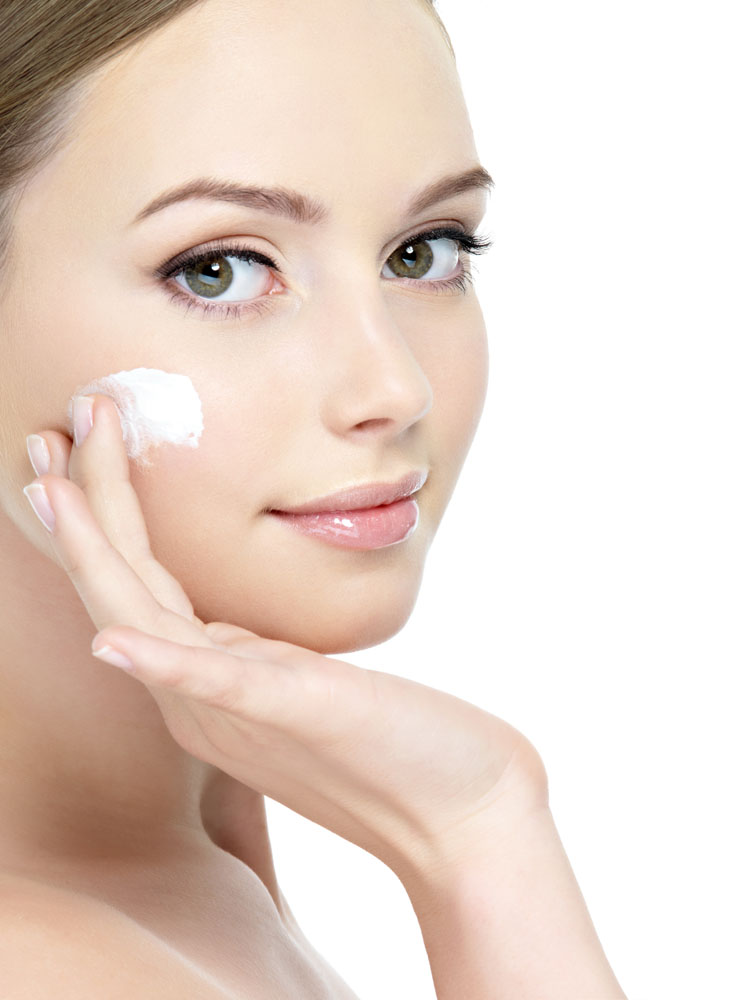
Glycerin: Glycerin is a common humectant that absorbs moisture from the air and forms a protective barrier on the skin’s surface to prevent moisture loss. It offers gentle and long-lasting hydration suitable for all skin types.
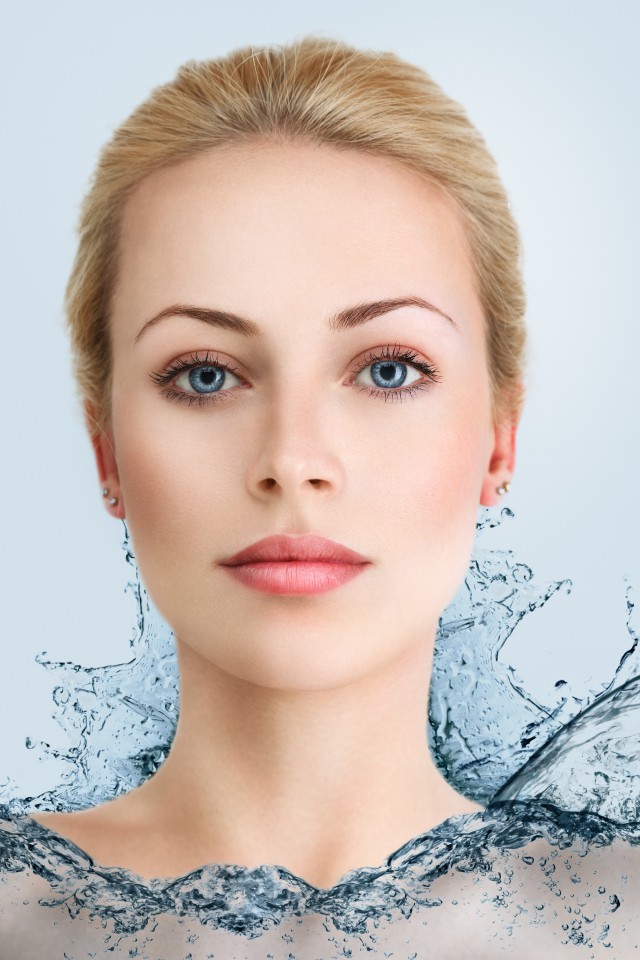
Retinol: Retinol is a powerful anti-aging ingredient that promotes skin cell turnover and reduces the appearance of fine lines and wrinkles. It also stimulates collagen production, enhancing skin elasticity and firmness. When combined with moisturizing ingredients, retinol’s effects are even more pronounced.
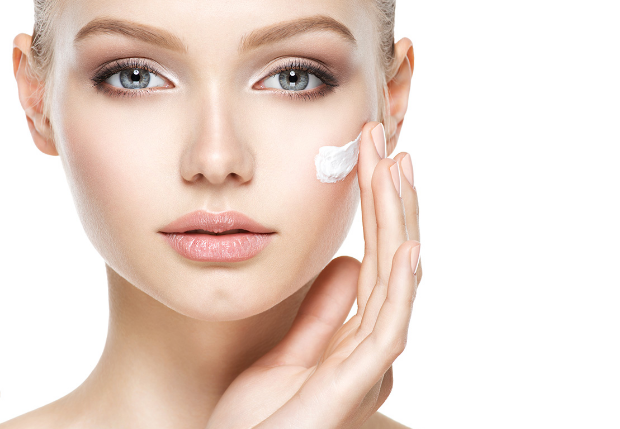
Peptides: Peptides stimulate the production of collagen and elastin fibers, helping the skin maintain its youthful state. When paired with moisturizing ingredients, peptides can effectively improve skin texture and reduce signs of aging.
3. Skincare Routine for Moisturizing and Anti-Aging
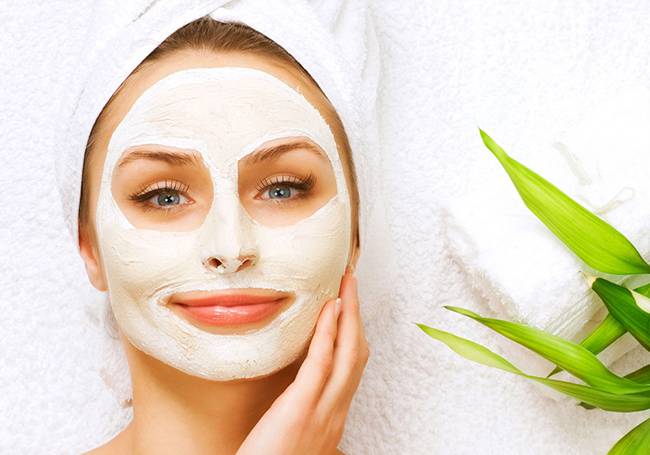
Achieving the dual benefits of moisturizing and anti-aging requires selecting the right products for your skin type and maintaining a consistent routine. Here are some recommendations:
Daytime Moisturizing: Daytime moisturizers should have protective functions, such as containing antioxidants and SPF. These ingredients protect the skin from UV rays and free radicals, preventing premature aging.
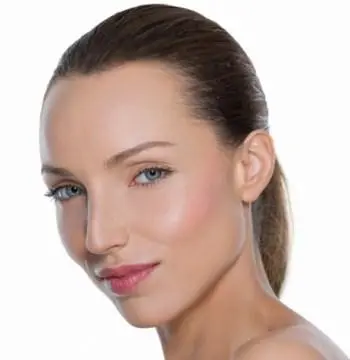
Nighttime Repair: Nighttime is the optimal period for skin repair and regeneration. Choose a night cream that includes retinol, peptides, and hyaluronic acid to moisturize and simultaneously repair the damage caused during the day, promoting skin renewal and regeneration.
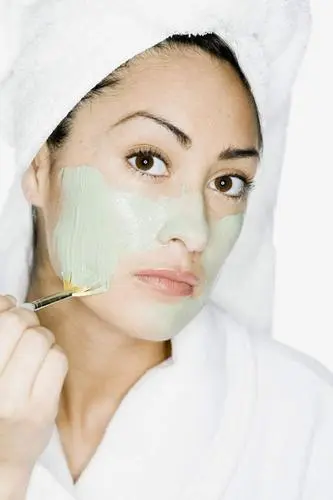
Regular Use of Masks: Moisturizing and anti-aging masks provide concentrated care for the skin. Using them once or twice a week can enhance skin hydration and firmness, helping to maintain a youthful appearance.

Maintain Healthy Lifestyle Habits: In addition to skincare products, maintaining healthy lifestyle habits is crucial for delaying aging. A balanced diet, adequate sleep, regular exercise, and stress management all contribute to keeping the skin hydrated and elastic.
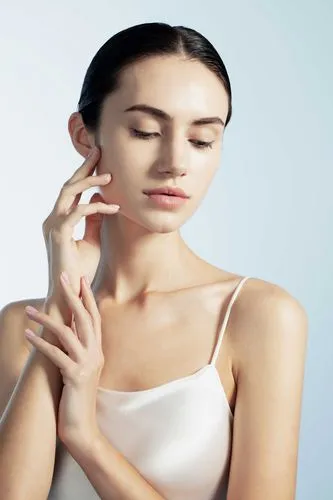
In summary, the combination of moisturizing and anti-aging is at the core of modern skincare. By following a scientifically sound skincare regimen, you can effectively slow down the aging process. Choosing the right moisturizing and anti-aging products, along with healthy lifestyle habits, will help you maintain youthful, healthy, and vibrant skin.

